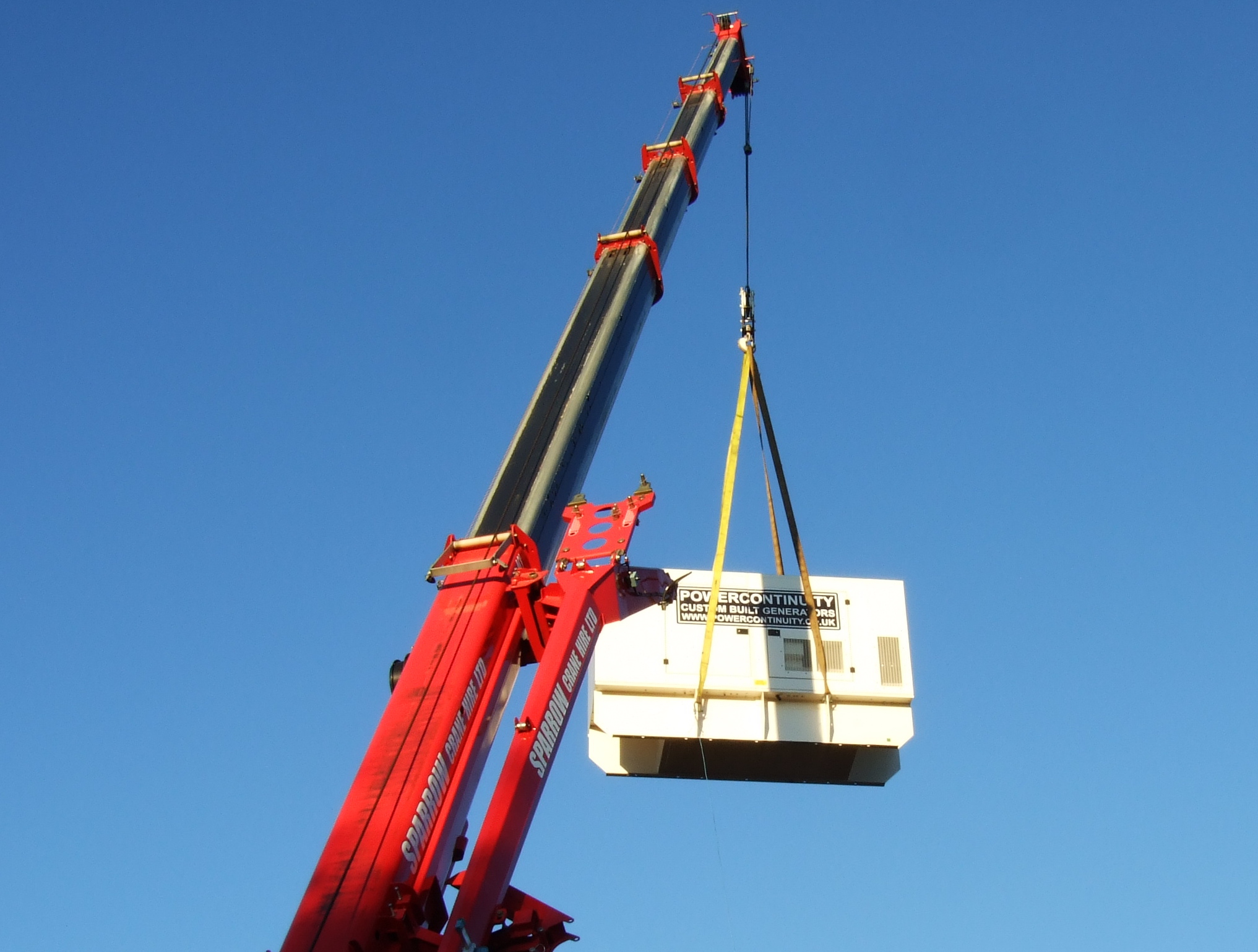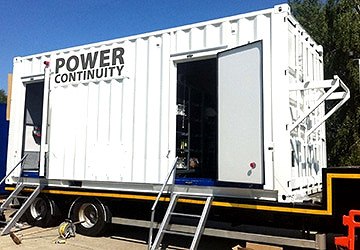Ensuring Reliability and Resilience: Emergency Power Systems Installed


In today’s fast-paced world, where businesses operate round the clock and communities rely on continuous access to critical services, the importance of reliable power cannot be overstated. However, power outages due to natural disasters, equipment failures, or unforeseen circumstances can disrupt normal operations and pose significant risks to safety and productivity. To mitigate these risks, businesses, organizations, and communities are increasingly turning to emergency power systems.
Emergency power systems are essential infrastructure components designed to provide backup electricity in the event of a power outage. These systems typically consist of generators, transfer switches, distribution panels, and associated controls, all strategically installed to ensure seamless transition during emergencies. From hospitals and data centers to manufacturing facilities and residential complexes, emergency power systems play a crucial role in maintaining operations and safeguarding lives.

The installation of emergency power systems is a proactive measure aimed at enhancing resilience and preparedness. Here’s why investing in these systems is vital for businesses and communities alike:

In conclusion, emergency power systems are indispensable assets for businesses and communities seeking to enhance their resilience and preparedness in the face of power outages and emergencies. Whether it’s ensuring continuous operations, safeguarding lives and property, or complying with regulations, the benefits of installing these systems are undeniable. As we navigate an increasingly unpredictable world, investing in emergency power systems is not just a prudent decision but a critical imperative for businesses and communities alike.
By prioritizing reliability and resilience, we can build stronger, safer, and more sustainable communities that can withstand the challenges of tomorrow. Emergency power systems installed today will not only provide peace of mind but also serve as a beacon of resilience in times of need.
tags:
Introduction to Braided Wigs Braided wigs have become a game-changer for many Black women, offering...
In today’s fast-paced world, having a reliable key cutting service nearby is a must. Whether...
Venturing into the world of business ownership can be a daunting task. With numerous decisions...